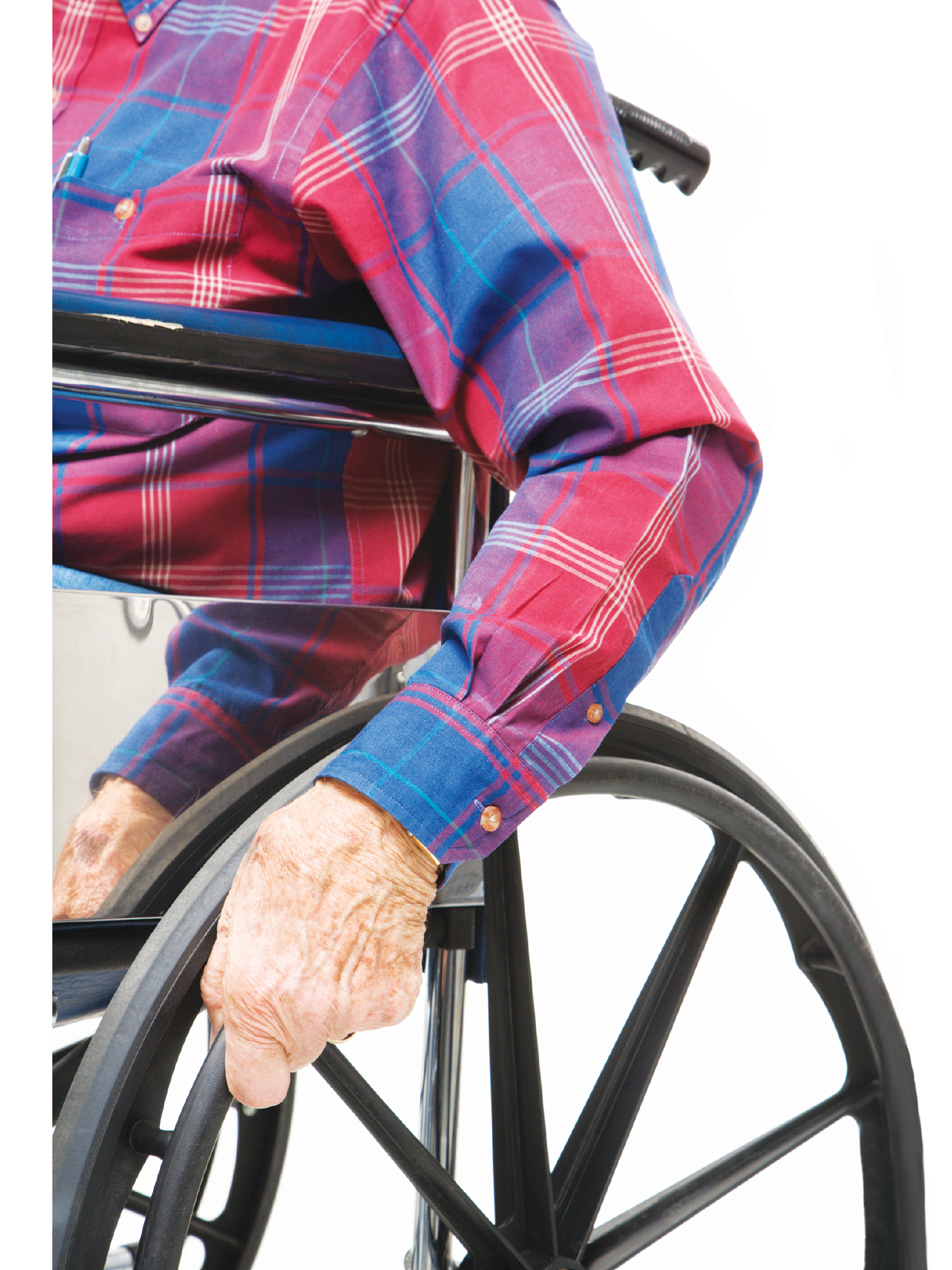
Aging in Place: Prepping your Home for Living Regardless of Age, Income or Ability Level
by Vee Daniel, CEO/President, Better Business Bureau of the Upstate
As we age, many of us wish to continue living in our residences for the duration because it is a place that we have called home for many years. Fortunately, for senior citizens, there is another option besides moving to a nursing home or assisted living facility thanks to a variety of community resources and programs. Many senior citizens are given the opportunity to continue to live at home safely and independently, regardless of age, income or ability level. With aging in place, seniors are able to reach advanced ages while still residing in their own homes.
According to United Nations, “Globally, the number of persons aged 80 or over is projected to triple by 2050, from 137 million in 2017 to 425 million in 2050. By 2100 it is expected to increase to 909 million, nearly seven times its value in 2017.” As this population grows, so do concerns that the U.S. health system will not be able to meet the health needs of seniors, particularly in regard to demands for long-term care,* according to Nation’s Health. However, with aging in place, seniors not only enjoy the benefits of being able to live independently, they also save money.
Marty Bell, executive director of the National Aging in Place Council, stated that according to council research, care can cost on average $86,000 annually per person in a nursing home,$60,000 for someone in assisted living and $23,000 for someone aging in place at home.*
For aging in place to be successful, you or your loved ones need to have a network of highly trained professionals, loving family members and volunteers standing behind them. With the right assistance from the right people, seniors may be able to avoid having to move to long- term care facilities.
As you begin to search for solutions and equip your home with items that allow you or your loved one to continue living there, make sure to follow these simple BBB tips:
Evaluate the community. Before making the investment to modify your home or the home of a loved one, there are other things you should take into consideration. Do you have the network of support in place? Is the community in which the house resides senior- friendly? Is the environment safe? Are there basic services such as hospitals/physicians, grocery stores and pharmacies nearby?
Make sure modifications are an option. Odds are that the average home was not built with senior compatibility in mind. However, there are many improvements that can be made immediately, some very inexpensively, to adjust the home and make it senior-friendly.
Check out your contractor. Before allowing anyone to make modifications to your home or the home of your loved one, research them. Contact your local Better Business Bureau and we will be happy to provide you with a list of Accredited Businesses that Start with Trust®.
The BBB of the Upstate is here to help. Should you need assistance or are in doubt about what to do, pick up the phone and call the BBB Elder Fraud program hotline at (864) 240-2080. You can also email questions or concerns to info@upstatesc.bbb.org. The mission of the BBB Elder Fraud program is to assist seniors in recognizing and resisting fraudulent offers and possible scams. If you would like to check out a business online, visit www.bbb.org/upstatesc.
Resources:
*Information Source: http://www.un.org/en/sections/issues-depth/ageing/
http://thenationshealth.aphapublications.org/content/43/8/1.2.full
For more information about aging in place, visit the National Aging in Place Council at www.ageinplace.org



